Mango Leaves Benefits: 10 Medicinal Uses For Your Health
From soothing ear aches to healing burns, mango leaves are a must-have in your pantry.
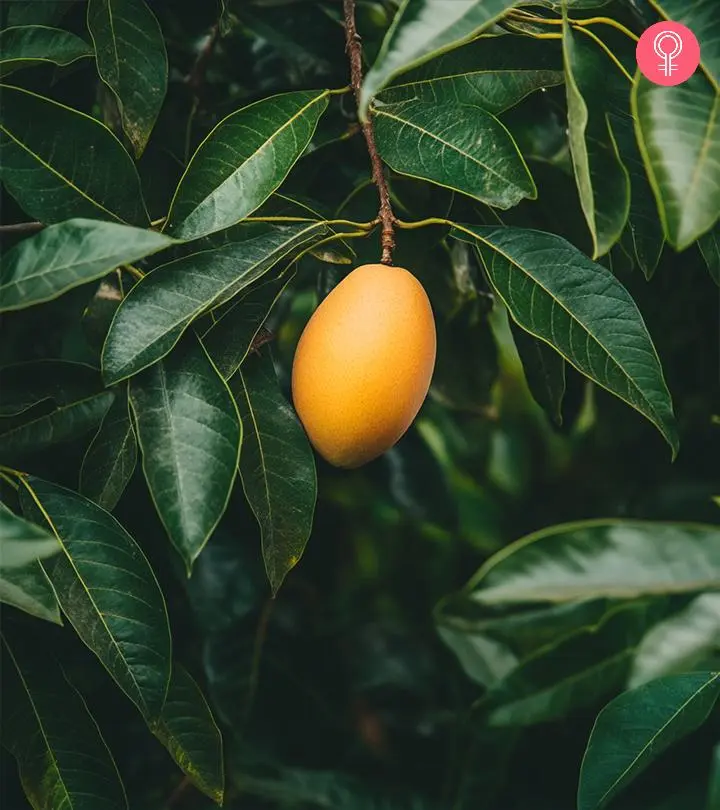
Image: Midjourney/ StyleCraze Design Team
While most of you might love eating mangoes, are you aware of the mango leaves benefits as well? More often than not, it’s just the mango fruit we are obsessed with, given its delicious taste and multiple preparations. However, mango leaves are also rich in medicinal and healing properties. Mango leaves have been used in traditional medicine for many years to treat different health issues. Adding them to your daily health routine can be valuable to your wellness practices.
Next time you get your hands on freshly plucked mangoes, try to get the leaves as well. This article would further let you know how to utilize mango tree leaves to reap its key benefits. Reason to know more!
 Know Your Ingredient: Mango Leaf
Know Your Ingredient: Mango LeafWhat Is It?
A long, green leaf taken from the mango tree that has a mild, vegetal taste.
What Are Its Benefits?
It helps with healing burns, lowers blood sugar levels, and treats dysentery.
Who Can Consume It?
Anybody can consume it, especially people with asthma and diabetes.
How Often?
You can drink 1 to 2 cups of mango leaf tea daily.
Caution
None
In This Article
Medicinal Benefits Of Mango Leaves
The benefits of mangoes are already quite widespread, such as improving immunity, reducing the risk of different types of cancer, enhancing digestive health, etc. However, you will be surprised to know that even its leaves have many beneficial properties, and adding them to your diet can further enhance your overall health.
The mango leaves are reddish or purplish when tender and new, and grow into a dark green color and have a pale underside.
These leaves are rich in vitamin C, B and A. They are also rich in nutrition. They exhibit powerful antioxidant and anti-inflammatory properties due to their high content of flavonoids and polyphenols (1).
Riya Prasannan, a blogger shared that she uses mango leaves for her oral hygiene. She states in her blog post, “When I was small, our day started by brushing our teeth behind our house. We all stood in a line facing beautiful green paddy fields and brushed our teeth with Umikari (activated charcoal usually made from rice husk), followed by a quick rub with mango leaves (i).” She further adds that none of her village kids who followed this practice had toothaches or cavities below ten years of age.
1. Treating Diabetes

The mango leaves are very useful for treating diabetes. Animal studies suggest that the tender mango tree leaves contain phytochemicals, which may help in treating diabetes (2). The leaves are dried and powdered, or used as an infusion to treat the same. It may also help in treating diabetic angiopathyi A blood vessel disease that involves damage to cells in the blood vessels caused by high blood sugar/glucose levels. and diabetic retinopathyi A serious eye disorder that involves vision loss and blindness in people with high blood sugar/glucose levels. (3). Mango tea leaves are very good for this purpose. Soak the leaves in a cup of water overnight. Strain and drink this water to help relieve the symptoms of diabetes. It also helps treat hyperglycemia. The leaves contain a compound called 3 beta-taraxerol, and ethyl acetate extract which synergize with insulin to activate GLUT4 and stimulate the synthesis of glycogen.
 Did You Know?
Did You Know?2. Lower Blood Pressure
Mango leaves may help lower the blood pressure as they have anti-hypertensive properties (4). They help in strengthening the blood vessels and treating the problem of varicose veinsi A condition that occurs when veins become enlarged and overfilled with blood, commonly affecting the leg veins. .
3. Treats Restlessness

Mangiferin, a phytochemical present in mango leaves, possesses anti-anxiety properties that may calm down restlessness experienced by people due to anxiety (5). Adding two to three glasses of mango leaf tea to the bath water helps treat uneasiness and refreshes the body.
4. Gall And Kidney Stones
The mango leaves may help treat kidney stones and gallstones (6). The daily intake of a finely ground powder of mango leaves, which are dried in the shade, with water kept in a tumbler overnight, helps in breaking the stones and flushing them out.
5. Respiratory Problems
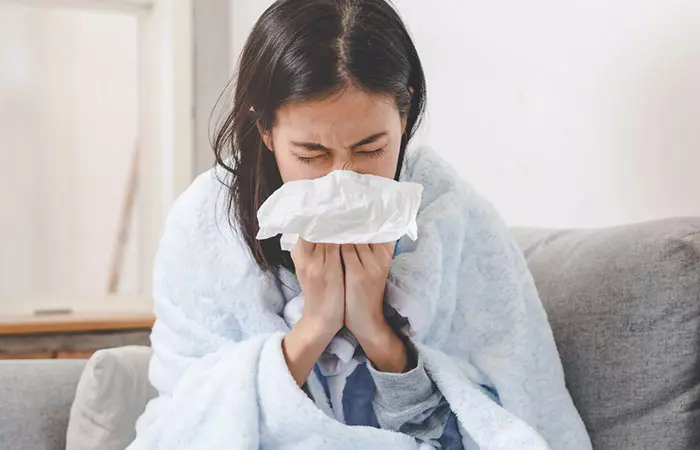
The mango leaves are good for all kinds of respiratory problems. It is especially useful for people suffering from colds, bronchitis and asthma (7). Drinking a decoction made by boiling mango leaves in water with a little honey helps to cure cough effectively. It also helps in curing voice loss.
6. Cures Dysentery
Mango leaves may be very helpful in treating bleeding dysentery (7). The leaves dried in a shade should be powdered and then be taken with water two to three times a day to stop dysentery.
7. Ear Aches

Ear ache can be quite irritating. Using this home remedy provides good relief. A teaspoon of juice extracted from mango leaves as eardrops provides relief from earache. Heat the juice slightly before using it.
8. Heal Burns
To heal burns on the skin and scalds, burn a handful of mango leaves to ashes (7). Apply this ash on the affected area. It provides relief.
9. Treats Hiccups And Throat Problems
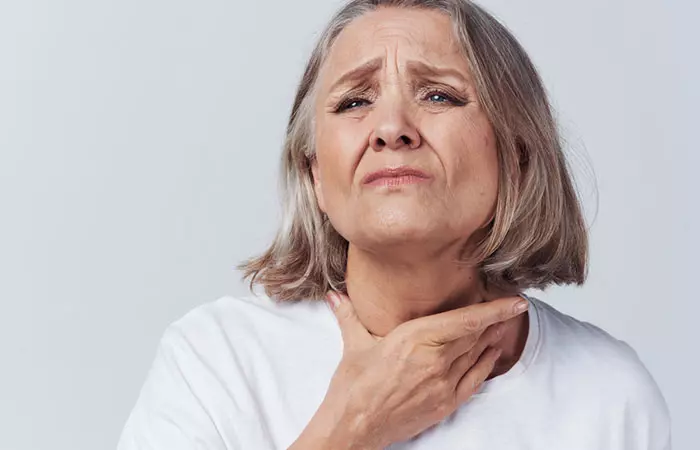
If you are suffering from hiccups or throat problems, mango leaf is a good home remedy (8). Burn a few mango leaves and inhale the smoke. This helps to cure hiccups and throat problems.
10. Stomach Tonic
Put some mango leaves in warm water, close the container with a lid, and leave it overnight. The next morning filter the water and drink it on an empty stomach. The regular intake of this infusion acts as a good stomach tonic and helps prevent various stomach ailments (8).
Anecdotal evidence suggests that it can play a role in effective weight loss, a healthy immune system, and improved skin, hair, and heart health as well.
 Quick Tip
Quick TipFrom these benefits, it is clear that mango leaves contain several vitamins and minerals, but here is a detailed list for you.
Key Takeaways
- Mango leaves help reduce blood pressure and treat diabetes.
- Mango leaves contain a phytochemical called mangiferin, which may help ease anxiety-related restlessness.
- You can burn a few mango leaves to ashes to help treat colds and hiccups.
- Mango leaf extract can be used as ear drops to treat earaches.
Nutritional Profile Of Mango Leaves
Just like the fruit, mango leaves are also rich in various nutrients. They are commonly used for livestock feeding; however, their rich nutrient profile makes them suitable for medicinal purposes. Mango leaves are rich in proteins, and important minerals such as nitrogen, potassium, calcium, phosphorus, zinc, sodium, copper, iron, manganese, and vitamins A, B, and C (ascorbic acid) (1).
Apart from these, mango leaves also contain various plant compounds, especially phenolic compounds such as tannins, terpenoids, and flavonoids. These phenolic compounds can help protect the body from chronic diseases (1).
These nutrients are why mango leaves offer so many health benefits. So how do you include this in your diet? Can you cook with mango leaves? Read on to find out more about it.
Culinary Uses Of Mango Leaves
Mango leaves are not just for decoration. They have various culinary uses that can enhance your dishes. Here are some ways you can incorporate them into your cooking:
- Infusions: You can use mango leaves to make a herbal infusion. Simply boil the leaves in water to create a flavorful tea that can be enjoyed hot or cold.
- Flavoring: Fresh mango leaves can be added to curries, soups, and stews to give them a unique flavor. Just toss in a few leaves while cooking, and remove them before serving.
- Garnish: Use mango leaves as a garnish for salads or other dishes. They add a fresh look and a hint of flavor.
- Wraps: In some cultures, mango leaves are used to wrap food before cooking, imparting a subtle sweetness and aroma.
- Pickling: Mango leaves can be used to enhance the flavor of vegetables and fruits.
Always wash the leaves thoroughly before use, and enjoy experimenting with this versatile ingredient in your cooking!
While mango leaves provide various benefits to one’s health, they also may cause some adverse effects. Find out more about them in the next section.
Side Effects Of Mango Leaves
Anecdotal evidence suggests that mango leaves may cause allergic reactions like wheezing, swelling, itching, and redness. Furthermore, one long-term study on rats exposed to mango leaves at various doses showed slight increases in body weight, fat weight, and cholesterol levels (1). However, more research in humans is warranted in this regard. But if you experience any of the above symptoms, stop consuming the leaves and seek immediate medical help. Talking to a doctor before adding mango leaves to your diet is important, especially if you have existing health issues or are taking medication.
Infographic: 5 Important Health Benefits Of Mango Leaves
While we commonly consume mangoes, their leaves are rich in medicinal properties that can provide various health benefits to you. We have rounded up the 5 important health benefits of mango leaves you should know about. Check out the infographic below to know more!
Some thing wrong with infographic shortcode. please verify shortcode syntax
Mango leaves benefits are lesser-known. These leaves are loaded with vitamins A, B, and C, minerals, and many beneficial nutrients that promote overall health. Mango leaves help in managing diabetes, and also lowers blood pressure. In addition, it effectively manages restlessness, respiration, and digestion problems, and cures earaches. Mango leaves also heal burns and aid in treating kidney and gall stones. These leaves also treat hiccups and throat problems, and the infusion of these leaves is an effective stomach tonic that helps relieve many stomach-related ailments. Try including mango leaves in your diet to reap the benefits they offer. Besides mango leaves, you may also try mango seeds to further add the nutritional benefits of this amazing fruit to your diet. Knowing the mango seeds benefits can help you make an informed decision.
Frequently Asked Questions
Are mango leaves poisonous?
No, mango leaves are not poisonous and are generally considered safe for consumption.
Can we eat raw mango leaves?
Yes, you can consume fresh raw mango leaves if they are available in your neighborhood.
Are there any anti-inflammatory benefits to using mango leaves?
Mango leaf extract is rich in bioactive polyphenols and is said to possess anti-inflammatory properties that help reduce inflammation in the body. One animal study showed that it reduces inflammation of the liver tissue, preventing the progression of liver damage (9).
How to prepare mango leaves as medicine?
The leaves should either be powdered after being dried or used as an infusion. Or, you can soak the leaves in a cup of water overnight and drink the liquid in the morning.
Does mango leaf tea lower cholesterol?
One animal study found that mango leaf extract exhibited cholesterol-lowering activity in albino Wistar rats (10). Hence, mango-leaf tea may help lower cholesterol levels.
Is mango leaf an antibiotic?
The ethanol extracts of mango leaves exhibit potent antibacterial properties that can act against the Staphylococcus aureus strain (11).
Are mango leaves good for uric acid?
From one study, it was seen that mango leaves and their extract have the potential to develop anti-gouty arthritis agents to help improve this medical condition (12).
Illustration: Amazing Benefits And Uses Of Mango Leaves That You May Have Not Known

Image: Stable Diffusion/StyleCraze Design Team
Learn about the amazing health benefits of mango leaves that may help manage diabetes, hair growth, and weight loss! Discover how these leaves can improve your health by watching the video below. Check it out now!
Personal Experience: Source
StyleCraze's articles are interwoven with authentic personal narratives that provide depth and resonance to our content. Below are the sources of the personal accounts referenced in this article.
i. Once upon a time, there was a farm!!!https://rhea-pras.medium.com/once-upon-a-time-there-was-a-farm-fb08cc583153
References
Articles on StyleCraze are backed by verified information from peer-reviewed and academic research papers, reputed organizations, research institutions, and medical associations to ensure accuracy and relevance. Read our editorial policy to learn more.
- Mango (Mangifera indica L.) Leaves: Nutritional Composition, Phytochemical Profile, and Health-Promoting Bioactivities
https://www.ncbi.nlm.nih.gov/pmc/articles/PMC7920260/ - Antidiabetic Potential of Mangifera indica L. cv. Anwar Ratol Leaves: Medicinal Application of Food Wastes
https://www.ncbi.nlm.nih.gov/pmc/articles/PMC6681213/ - Study of the Hypoglycemic Effect of Mango Leaves Powder Fortified Balady Bread on Diabetic Rats Induced by Alloxan
https://www.idosi.org/wasj/wasj33(9)15/1.pdf - Phytochemical and in vitro and in vivo biological investigation on the antihypertensive activity of mango leaves (Mangifera indica L.)
https://www.researchgate.net/publication/273746792_Phytochemical_and_in_vitro_and_in_vivo_biological_investigation_on_the_antihypertensive_activity_of_mango_leaves_Mangifera_indica_L - Protective effect of mangiferin against lipopolysaccharide-induced depressive and anxiety-like behaviour in mice
https://pubmed.ncbi.nlm.nih.gov/25064341/ - Potential Effects of Olive and Mango Leaves on Alloxan Induced Diabetes Complications in Rats
https://journals.ekb.eg/article_181266_81ce1a90752c1a68fefe8fb2c9f7a0cb.pdf - Nutritional Health Benefits and Bioactive Compounds of Mangifera indica L (Mango) Leaves Methanolic Extracts
https://www.researchgate.net/publication/344391072_Nutritional_Health_Benefits_and_Bioactive_Compounds_of_Mangifera_indica_L_Mango_Leaves_Methanolic_Extracts - Mangifera Indica (Mango)
https://www.ncbi.nlm.nih.gov/pmc/articles/PMC3249901/ - Mango (Mangifera indica L.) Leaves: Nutritional Composition, Phytochemical Profile, and Health-Promoting Bioactivities
https://www.ncbi.nlm.nih.gov/pmc/articles/PMC7920260/ - Evaluation of Cholesterol-lowering Activity of Standardized Extract of Mangifera indica in Albino Wistar Rats
https://pubmed.ncbi.nlm.nih.gov/28250649/ - Comparison of the Antibacterial Activity of the Ethanol Extract vs Hydroalcoholic Extract of the Leaves of Mangifera indica L. (Mango) in Different Concentrations: An In Vitro Study
https://pubmed.ncbi.nlm.nih.gov/32381828/ - Effects of Extract from Mangifera indica Leaf on Monosodium Urate Crystal-Induced Gouty Arthritis in Rats
https://www.ncbi.nlm.nih.gov/pmc/articles/PMC3525108/
Read full bio of Gabrielle Kane
Read full bio of Tanya Choudhary
Read full bio of Ravi Teja Tadimalla
Read full bio of Moksha Gandhi




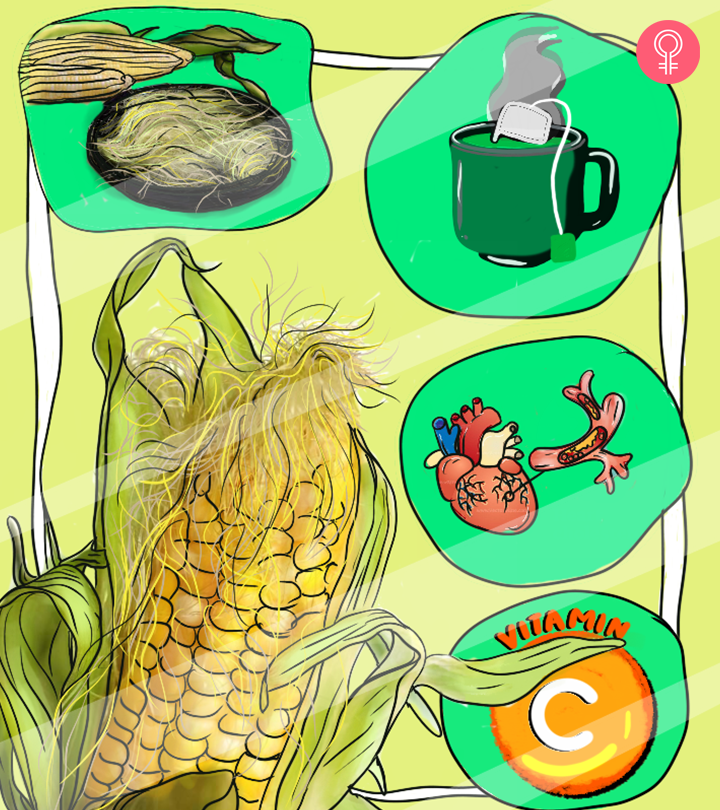
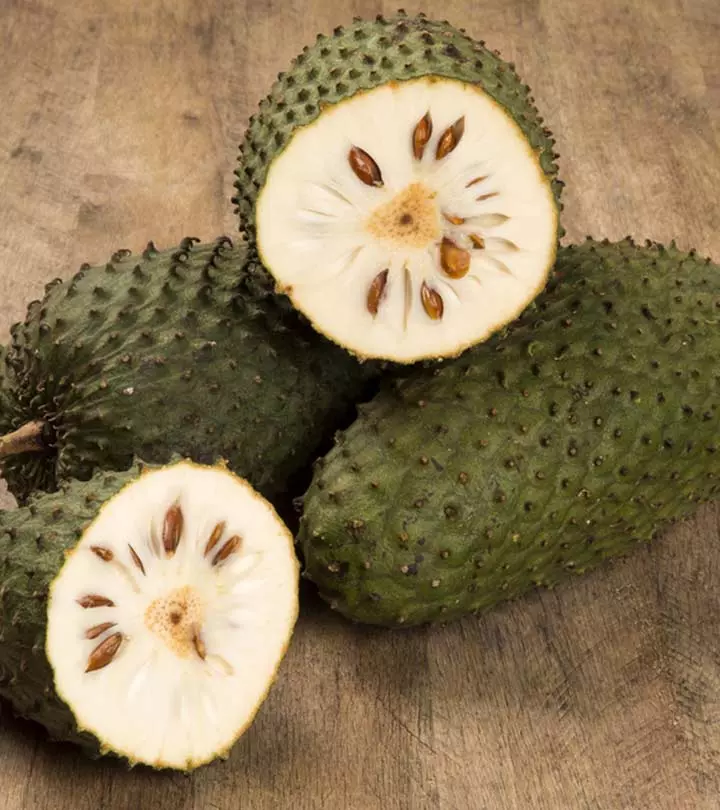
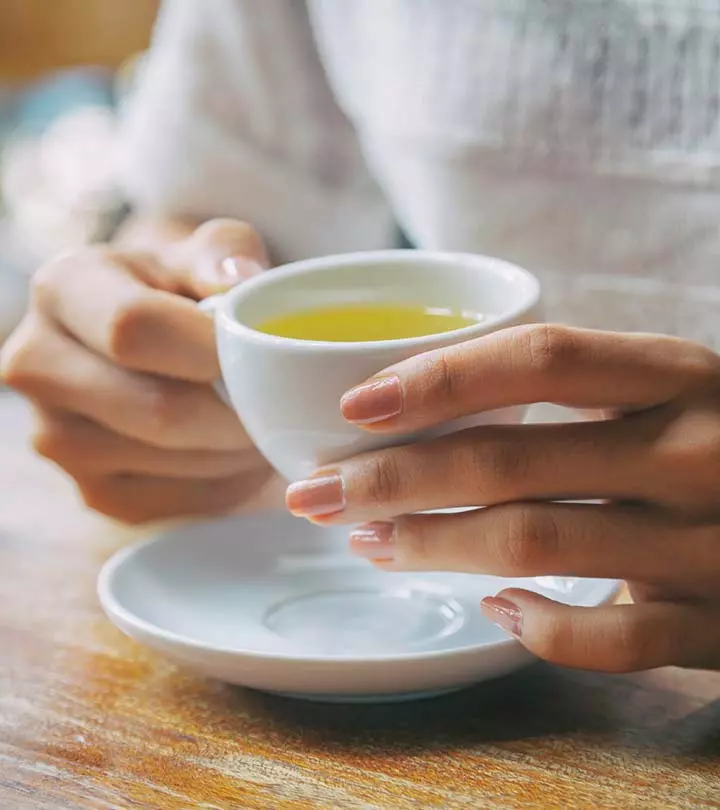
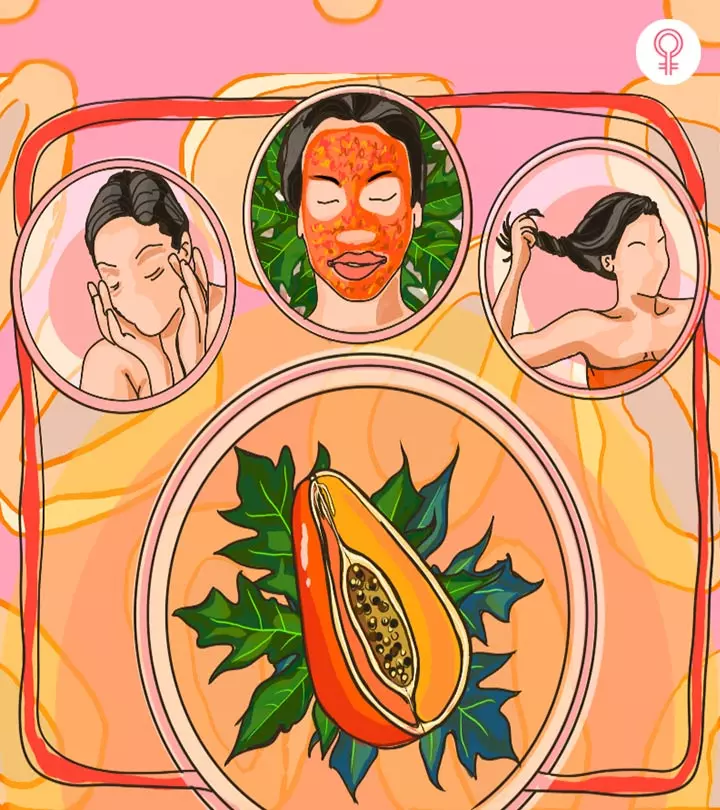
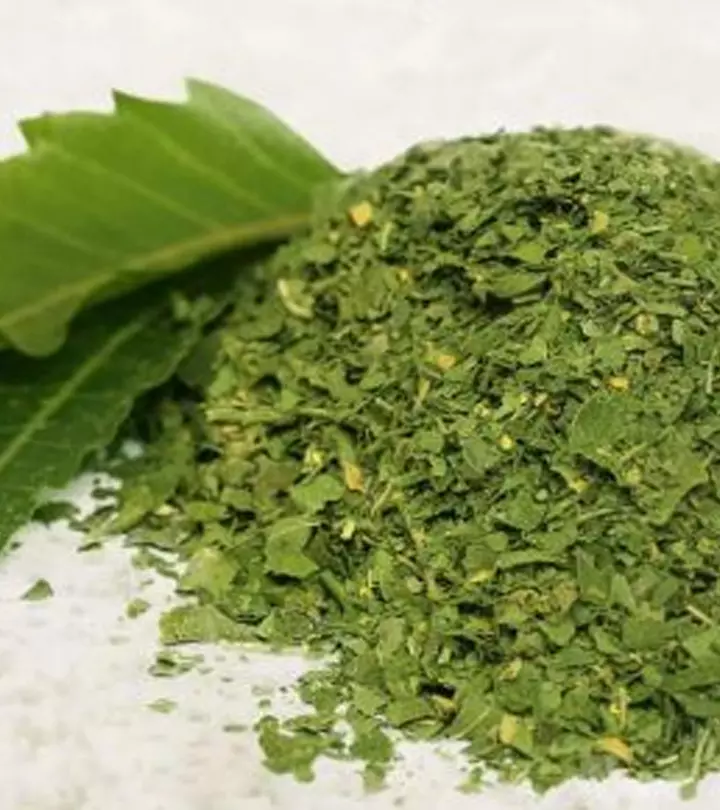
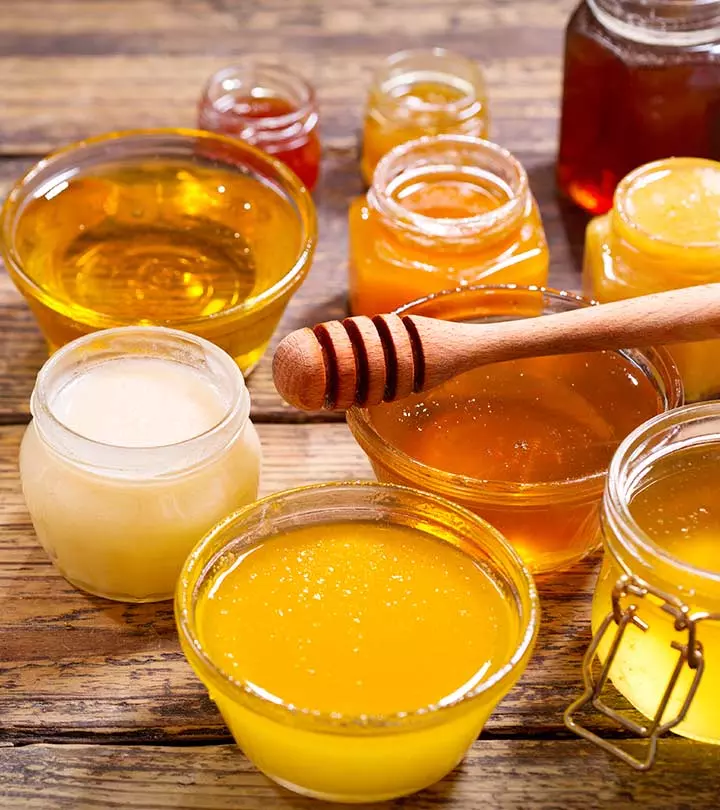
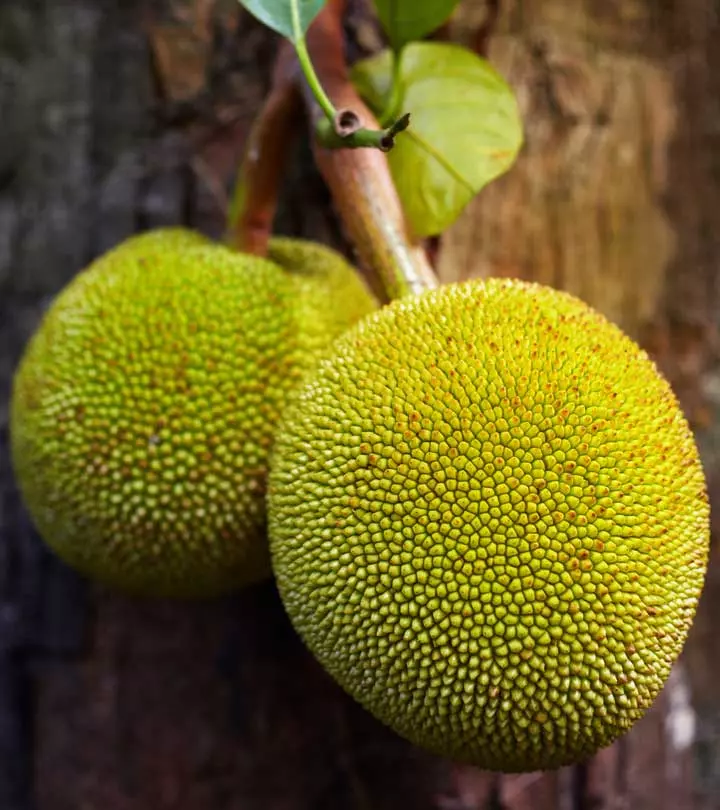
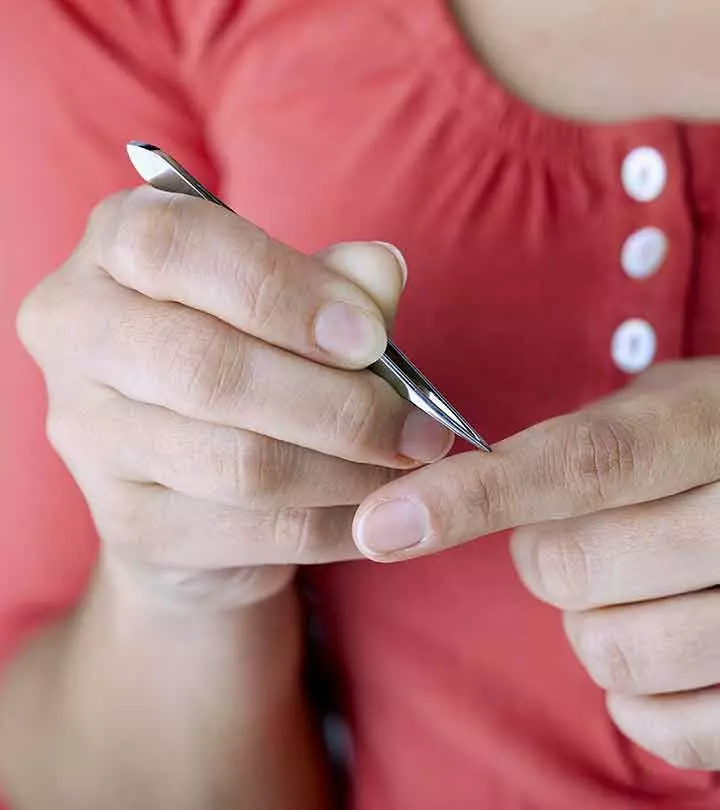
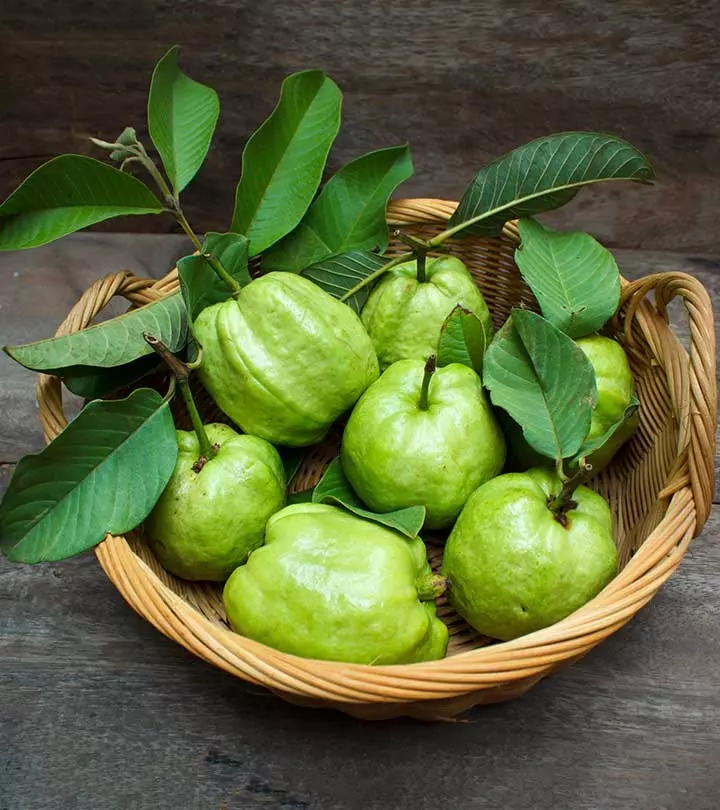
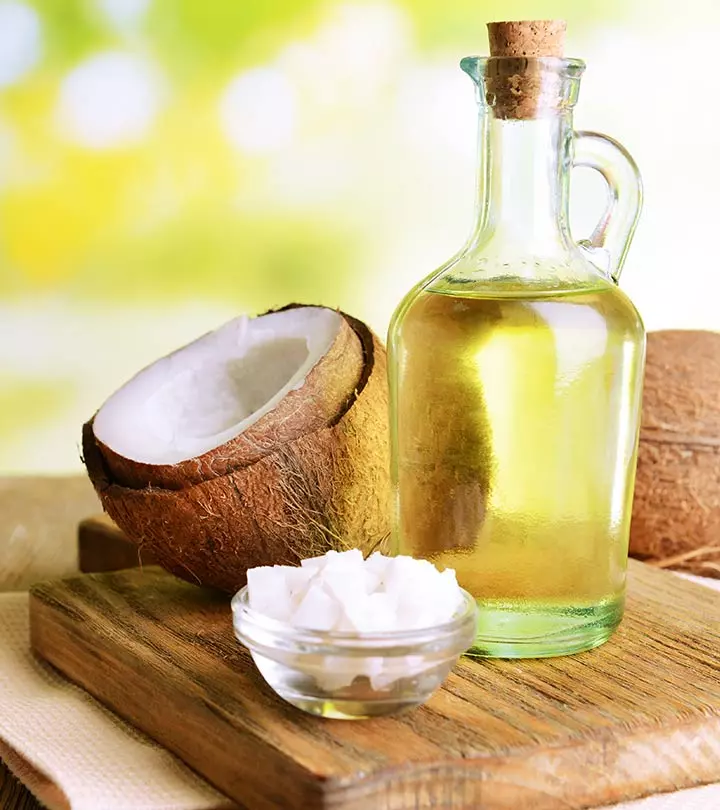
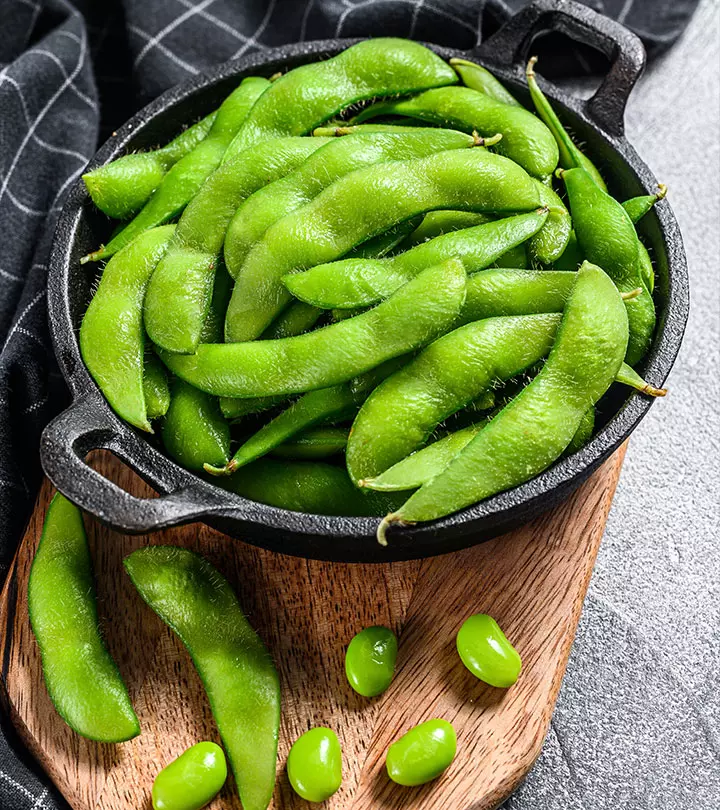
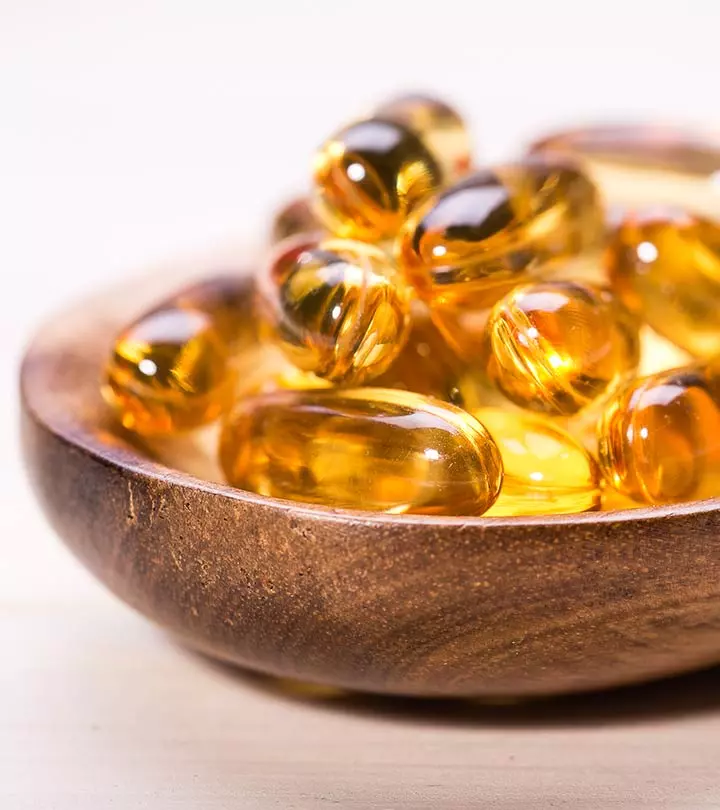
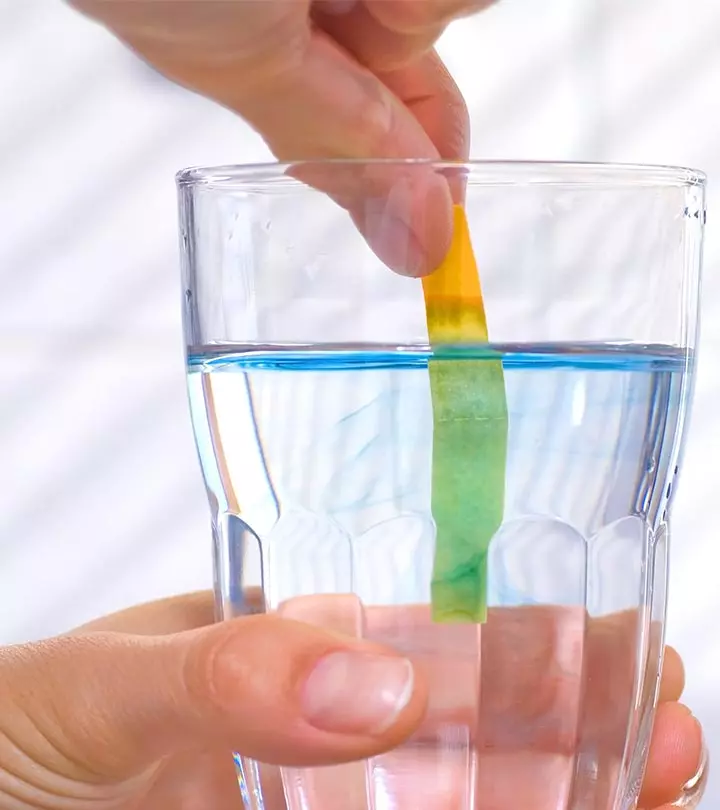
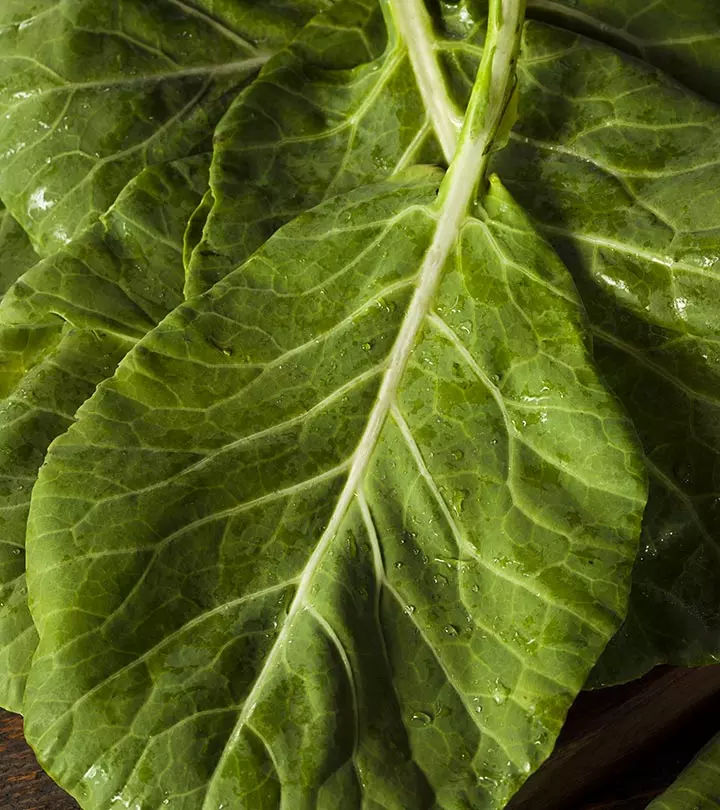
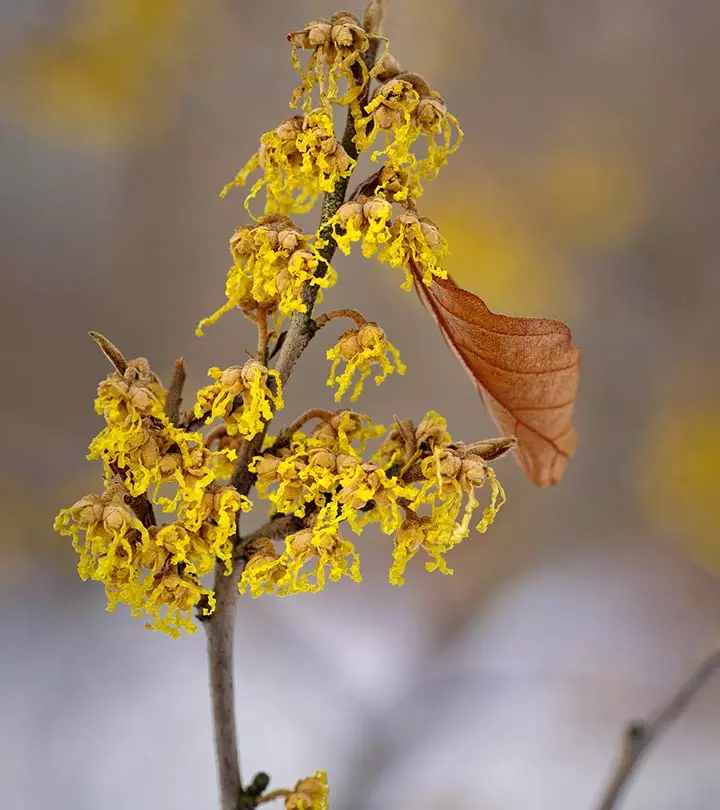
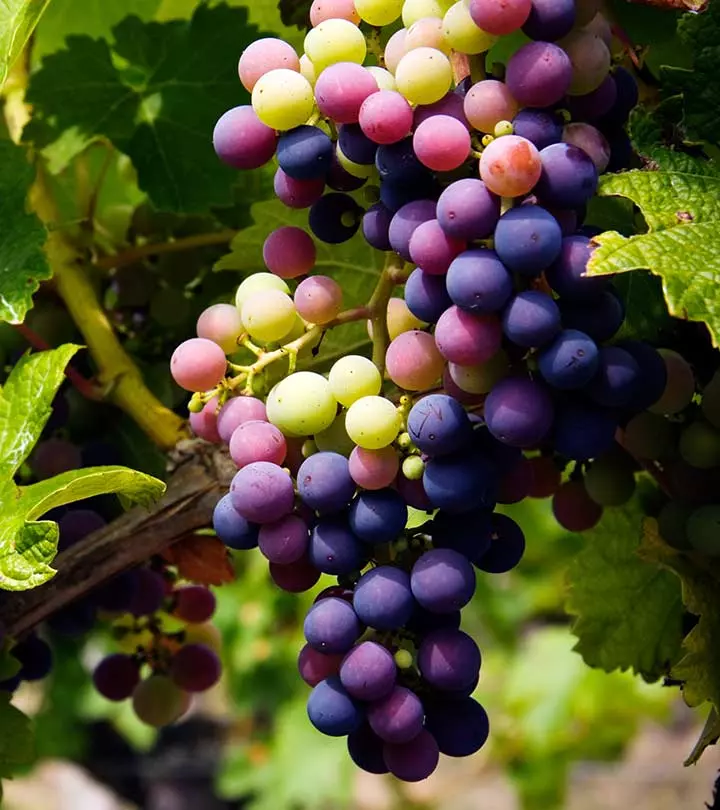
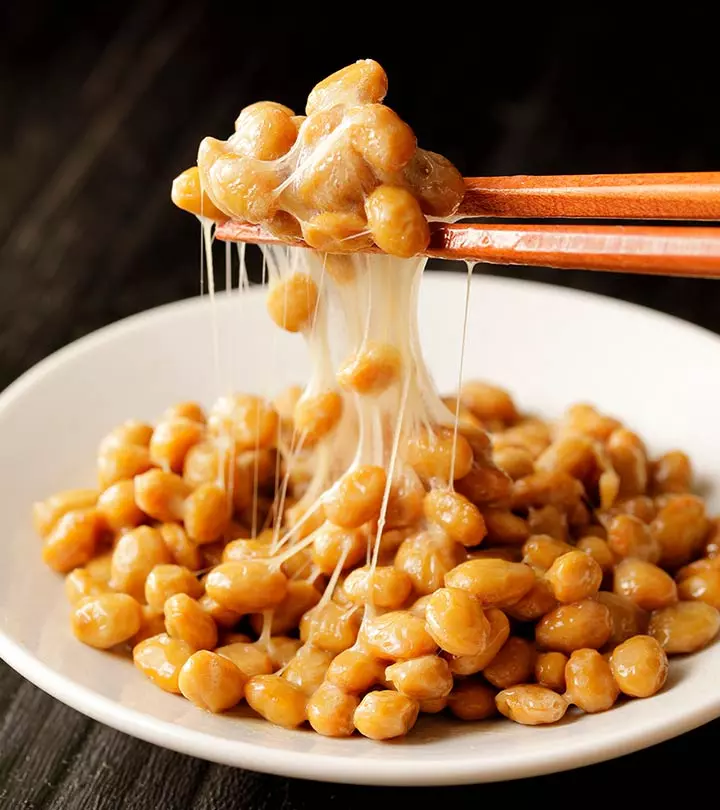

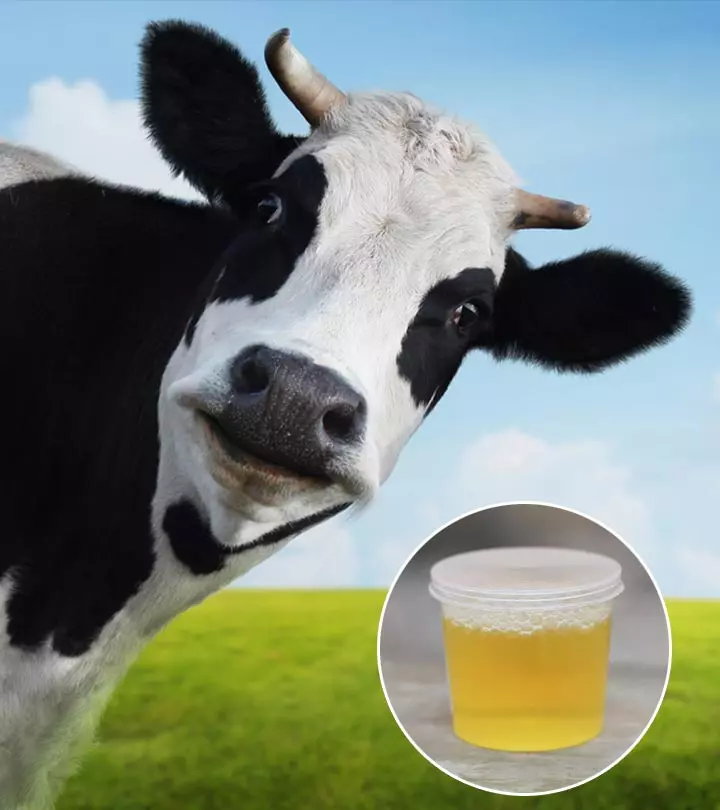
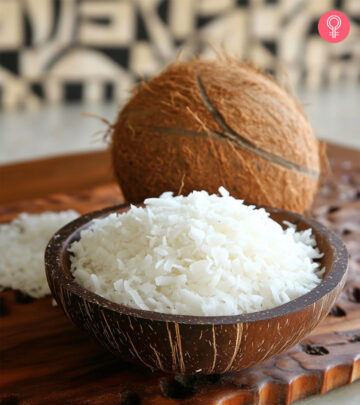
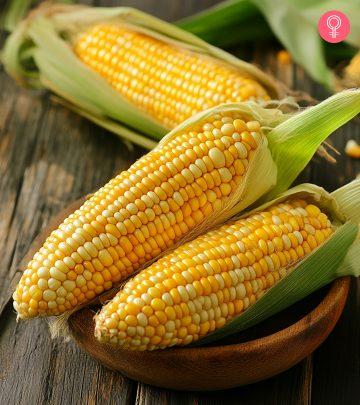
Community Experiences
Join the conversation and become a part of our empowering community! Share your stories, experiences, and insights to connect with other beauty, lifestyle, and health enthusiasts.